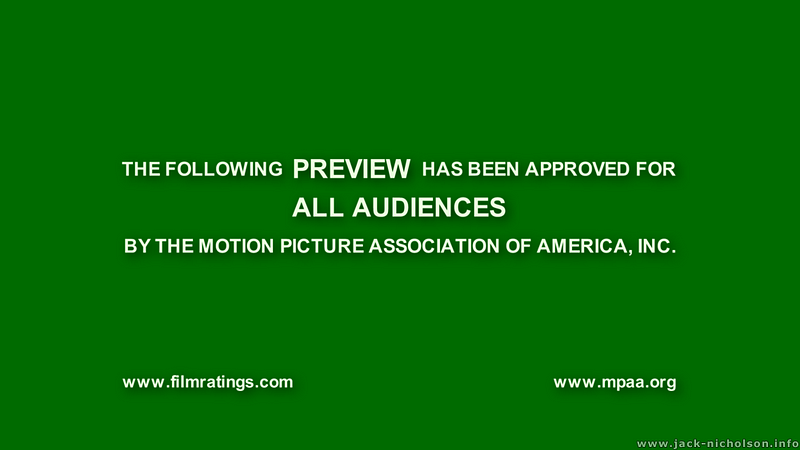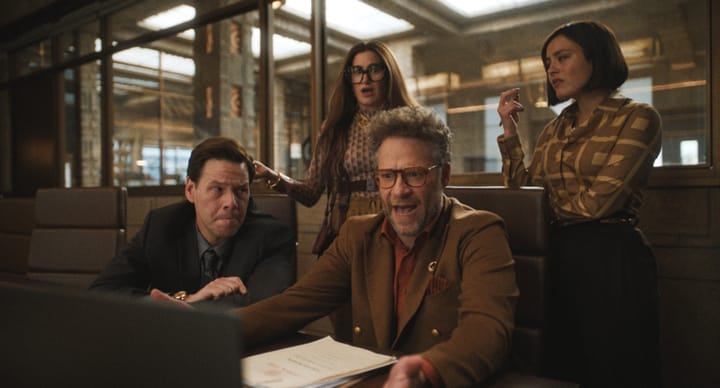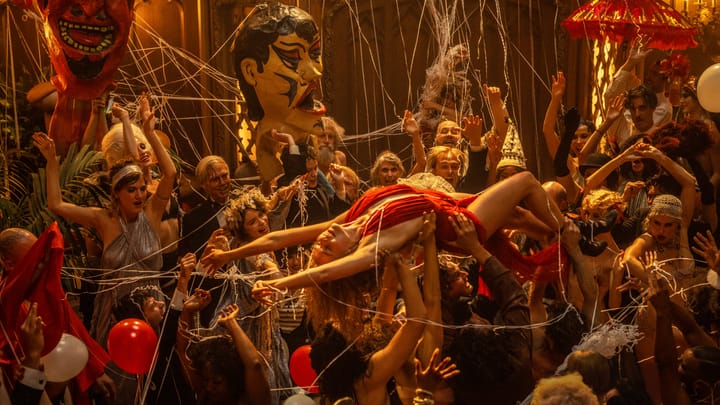Modern Trailers
The Cliff Notes of Movies.

Opening
Watching movies, is one of the amazing experiences available in our daily lives. We may not be able to travel to far away lands or live other people’s lives, but movies allow us that vicariousness. More vividly than books or theater, they transport us to other worlds, finding connections with people who live different lives, but are very much like ourselves. It doesn’t matter if it’s a heavy drama, slap stick comedy, or sappy romance, the pleasure in the ability to escape into a story and living the journey, is hard to replicate.
Which leads me to one of my main grips in life. And that is, trailers are ruining movies. They have been a staple of movies for decades, an aspect that people really enjoy. And I use to be one of those people. Even though at their core, they are an advertisement, film trailers felt different than just a silly marketing tool shilling you a product. They give a glimpse of how a group of creative collaborators envision and interpret a story for the screen, be it an original idea or existing property.
But until the past ten to fifteen years or so, they have been a perk of going to the movies. A chance, back then the only way, to see an early preview of what is coming to the theaters in the near future. But they serve a vital function more than just alerting the masses of it’s existence. They play the crucial role of setting expectations of tone, scope, and point of view of the upcoming film. When done right, they give you a taste, leaving you wanting more. They prime the hype machine.
But trailers are no longer relegated to the movie theater. They debut online and TV, many times as exclusives, with their own anticipation. The modern trailer has grown by epic proportions in the past 15 years. From simple commercials that were usually pretty cheesy, deep baritone men posing the general hook, “In a World…”, to becoming mini-events themselves, with their own premieres endlessly hyped. The total online views of a trailer in the first 24 hours is now a benchmark of the movie’s anticipation — for better or for worse.
When trailers do their jobs, they can create excitement and get people talking. When done right, people will be asking what it means, what they expect to happen, what questions they want answered. They create the hype and buzz for tentpoles or put a small film in the public consciousness. A great trailer can even make a bad movie look freaking amazing. And while all of this chatter and speculation is fun, I have turned away from watching trailers, because of the negative effects they’ve had on my movie viewing experience. They have lead me to wonder more closely about the drawbacks trailers have on theto the experience and the movies themselves. What has changed with the modern trailer and is there a way to fix it?
The Problem with Trailers
So what are the problems with trailers? The main over arching issue with trailers is they give away too much information. From using shots and scenes that don’t make the final cut, to revealing crucial plot elements for shock or laughs only to ruin those moments in a film. They constantly become verbose tools by moving past their intention of establishing the main elements of the story- characters, motivations, tone. Without restraint, they continue to divulge main plot points of the story, show extended displays of large set pieces, or run through all the the best jokes- setup and punchlines. The have effectively become the Cliff Notes of the movie, not a one paragraph summary made to grab you attention.
This frustrates me because as an audience member, the film, the story itself, is paramount. There is a trailer because their is a film, not the other way around. As such, I don’t watch trailers because for the most part, they give away too many important aspects of the movie. The mountain of story and visual information revealed, undercuts my imagination of what the movie can be. It inhibits my ability to be fully immersed and surprised by what actually happens when I am watching the film for the first time, because I already know what’s going to happen.
These drawn-out extra moments from the film don’t add anything to the narrative of the trailer. They are there to pump up the trailer to the detriment of the film it is suppose to be promoting. But so much is shown, from extended action scenes, to pivotal plot points and twists, that one has to ask, why even go see the movie?
I Love Teasers
The solution to these troubles is from an answer that we already have. Teasers. Teaser trailers have a more minimal amount of story and character, but helps setup the most important part of a movie, it’s tone. They give away very little story and plot points, sometimes none at all, but give you element that matters the most — the feeling. Teaser trailers allow the vibe and broad ideas of the movie to come through without spoiling anything. It leaves me wanting more. They represent the more accurate purpose of an advertisement.
I mostly only watch teaser trailers anymore. They do almost everything I need them to do. I get my main characters, a sense of what type of movie I’m going to be watching (space, family, sports, etc.), and what point of view the story (comedy, dramatic, etc.) is going to be told. If I like a teaser of a specific movie, I’ll try to watch the full trailer upon release, but rarely make it through even half way. This disappoints me because, while I think teasers give me the foundational information, they can, at times, leave me wanting for more.
My experience of watching movies without seeing full trailers is not perfect. There have been times that I have gone to a movie, literally not knowing anything about the plot. It works for the most part, but does burn me sometimes, when my expectation is not matched by what is happening in the story. Retroactively watching a full trailer, I realize that if I had watched the whole trailer, I would have understood more fully, what I was watching. This has enlightened me that it is important to know some context about the story you are watching to fully enjoy a movie.
We got to this problem because of the burden trailers now carry in our modern age. They must exist in their own realm (fodder for social media sites and creating hype) and within the wholistic system of the movie they are promoting (not being a mini-version of the movie). Trailers have become expressions of art and creativity unto themselves which is cool. But having to outdo the last great trailer, they use certain styles and techniques to squeeze out all of the best material they are provided. This has the problem of feeding the culture of instant gratification, while allowing very little to be discovered later on watching the movie. It is changing how we experience of movies.
We need a course correction with our movie ads. We need to adjust our appetite for movie hype, by giving more with less, like teaser trailers. Feed me the characters, the journey, and most importantly, the tone. Then stop. The more you leave us guessing and wondering, the bigger the the talk, the bigger the questions, the greater the buzz around the film. With out this change I fear, that the movie viewing experience will continue to be negatively affected.
I want to be able to watch trailers to understand the main ideas of what I am watching without having the story spoiled for me. Give me the information of a trailer, but the restraint of a teaser.
Let the these newly moderated trailers give us the possibility and the films themselves, fulfill the wonder.





Comments ()